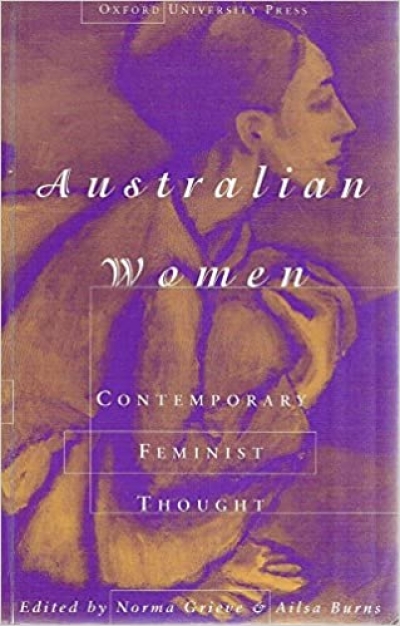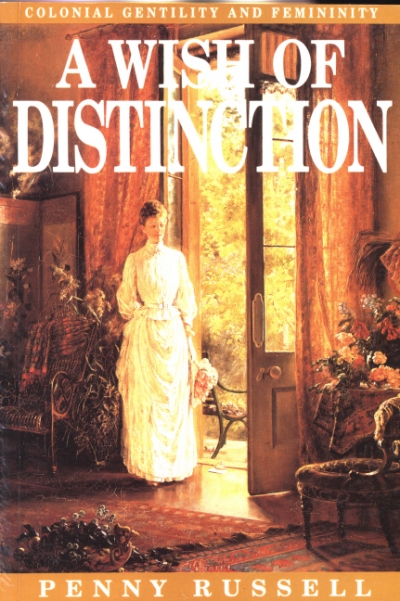Archive
Dear Editor,
In a generous review of my recently published novel, A Grain of Truth (Penguin), Andrew Peek mentioned an article I wrote for ABR two years ago, in which I suggested that the hostility of critics and reviewers in this country to novels dealing with current social issues threatens to suppress political fiction in general and the contemporary novel of ideas in particular.
... (read more)Dear Editor,
It has always been my understanding that the National Book Council’s principal function is the promotion of Australian books.
Therefore I cannot understand why the Council has allowed the publication of a review in its Australian Book Review journal which calls for the public destruction of a book. To quote from Meredith Sorensen’s review (ABR, October 1994, p.67):
take one Big Bad Bruce and tear it to shreds – preferably in front of as many small children of both sexes as you can gather about.
The males of the party, having consumed enormous amounts of something smelly and bubbly, must then piss on the remains.
There are many ways in which a reviewer can express dislike of a particular publication, bµt Sorensen has totally overstepped the mark in her incitement to violence.
I am outraged that the National Book Council deigned to publish such an unprofessional, grossly offensive review.
... (read more)Natural Born Killers by Oliver Stone, David Veloz, Richard Rutowski (screenplay); story by Quentin Tarantino
An Officer of the Blue: Marc-Joseph Marion Dufresne: South Sea Explorer, 1724–1772 by Edward Duyker
‘Years ago we threw the old didacticism (dowdy morality) out of the window; it has come back in at the door wearing modern dress (smart values) and we do not even recognise it.’ John Rowe Townsend’s words, from more than a quarter of a century ago, retain a fresh ring of truthfulness. I recalled them after reading The Girl with No Name (Puffin, $8.95 pb), Pat Lowe’s first novel for children.
... (read more)Australian Women: Contemporary feminist thought edited by Norma Grieve and Ailsa Burns
For Englishman Michael Dibdin, the road to success in crime fiction has been long, frustrating, and somewhat circuitous. After studying English at Sussex University, he went to Canada to do his PhD, dropped out, hit the hippie trail in the 1970s, then founded a business that went bust. In amongst that, his marriage went down the gurgler too. In short he had seen and experienced a great deal without making a fist of anything.
... (read more)Peter Schneider, who was born in Lubeck but grew up in Freiburg, studied philosophy, history and German literature at the universities of Freiburg, Munich and then West Berlin, where he has lived since the early 1960s. The immediate attraction of Berlin was that it enabled him to avoid military service but in the course of the 1960s Berlin became the centre of student activism. In 1965 he worked as a speech writer for the Social Democrats’ election campaign and in 1967 played a prominent role in the campaign against the right-wing newspapers of the Springer Press. From 1967 to 1971 Schneider was active as an organiser and speaker in the student movement in Berlin and then in Italy.
... (read more)



